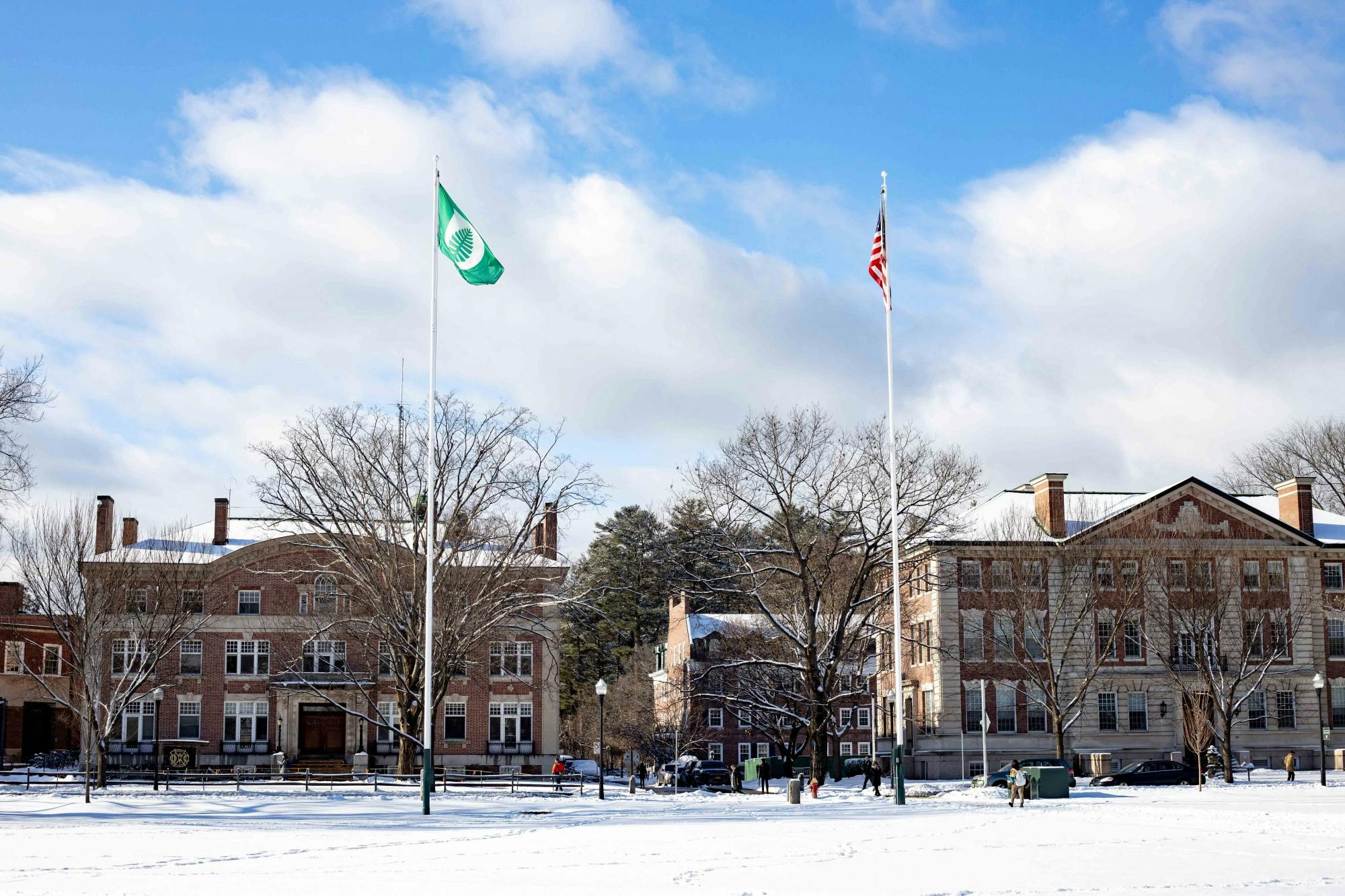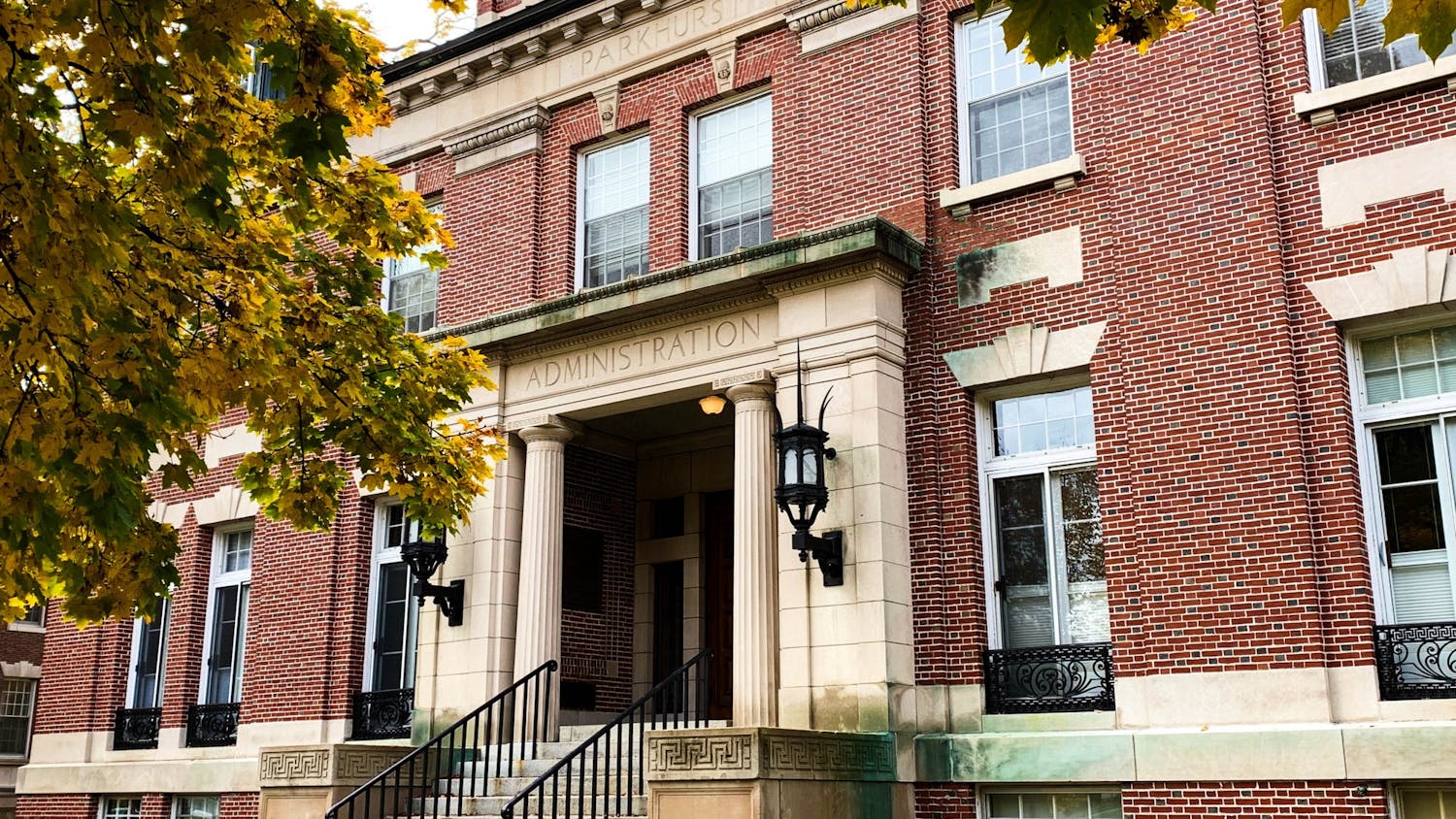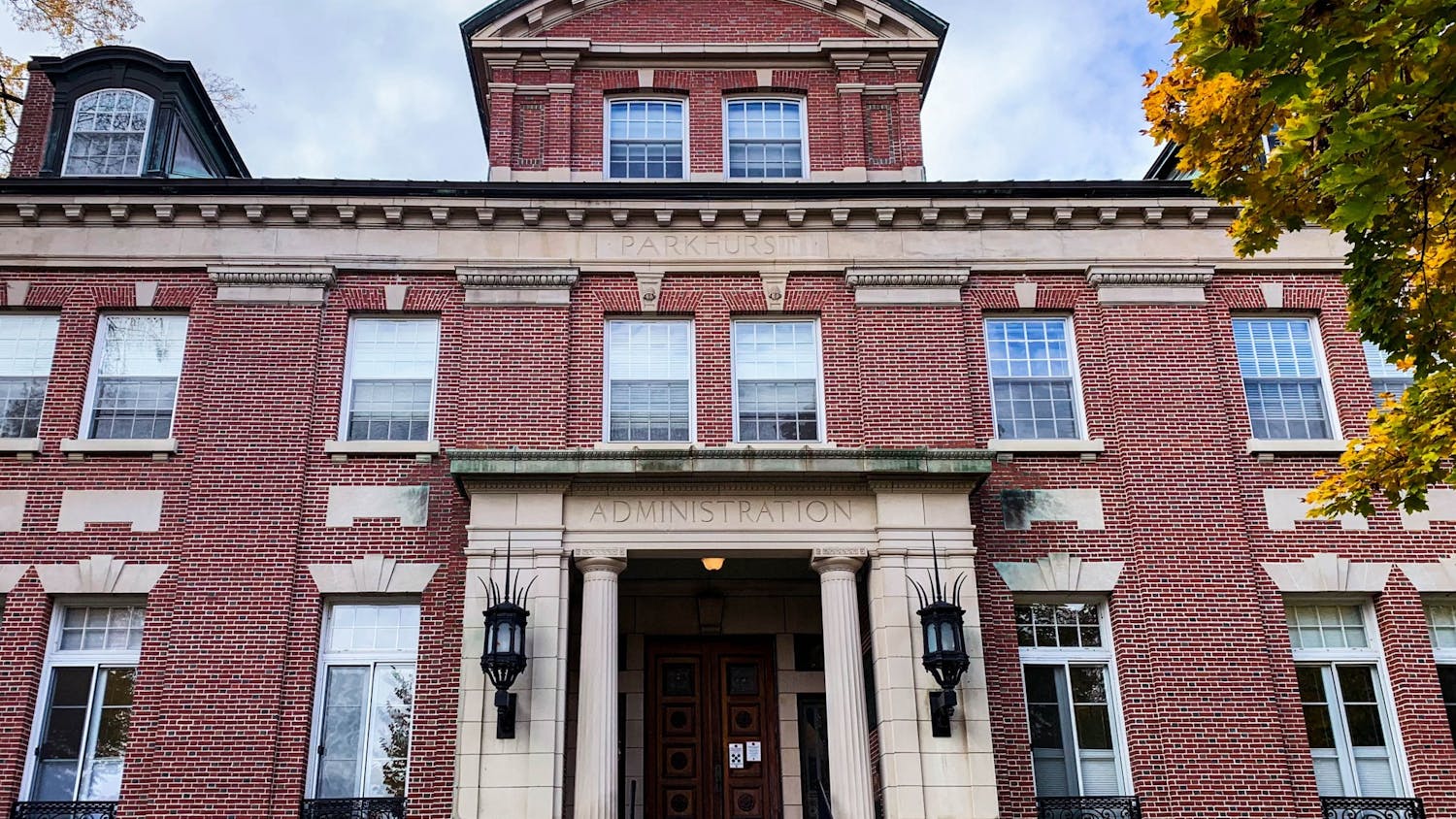Updated Dec. 11, 2020 at 4:56 p.m.
The College revoked the on-campus privileges of 86 students who violated COVID-19 policies during fall term, Provost Joseph Helble announced in a livestream on Wednesday afternoon. In a change from the policies announced at the start of fall term, all students asked to leave campus for violating COVID-19 rules can now return after two terms, rather than the original four terms.
In total, the College recorded 608 reports of possible COVID-19 violations over the fall, Dean of the College Kathryn Lively wrote in an email to campus on Friday. Aside from the students asked to leave campus, 124 others received warnings, while 397 reports resulted in no disciplinary action.
Lively added that “more than half” of the 86 students removed from campus “resulted from large off-campus gatherings over Halloween weekend.” The “vast majority” of violation reports were submitted by students and “in a very few cases” by parents and community members concerned about student behavior.
For months, College administrators had declined to release the number of students removed from campus, citing privacy concerns. Helble stated that the College decided to release the numbers now in order to help answer questions around COVID-19 disciplinary policies.
“We expected that there would be some missteps, and we did not want any individual students to be identified and to be criticized or blamed,” Helble said, explaining why the College had not released the number of students sent home during the fall. “But now that we have reached the end of the term and most undergraduate students have gone home for break, we will in fact release the numbers to help answer some of the questions that have arisen and to help provide some additional context.”
In her Friday email, Lively wrote that the College will “continue to protect the privacy of those affected,” treating the revocation of on-campus privileges for COVID-19 rule violations as a “temporary change in mode of learning” rather than “disciplinary suspensions.” The College will not report removal from campus internally or externally: Faculty members are not notified, nor are revocations noted on transcripts.
The updated policy on the length of a student’s suspension of on-campus privileges will apply both retroactively and to infractions going forward. As a result, students removed from campus in the fall will now be able to return for spring term, Helble said. Lively added that should a graduating senior lose privileges this winter, they will still be able to participate in Commencement-related activities after spring term.
Last term, the College drew criticism from students and parents for a lack of transparency over consequences for COVID-19 guideline violations. Beginning this winter, the College will implement a more nuanced system of consequences, according to Lively. Students will face removal from campus should they violate testing, quarantine or large gathering rules. Specifically, should a student miss two tests in a single week, miss one test in two successive weeks or miss three tests in total, or should they violate quarantine requirements after arrival or during contact tracing, they will likely be asked to leave campus. Additionally, students who attend gatherings of more than nine students, either indoors or outdoors, will also face removal.
First-time offenders of other guidelines, such as those that pertain to social distancing or small group gatherings after the initial quarantine period, will receive a written warning. A second violation will likely result in the College revoking on-campus privileges.
Students will also be subject to a move to remote learning should they violate multiple smaller violations — like physical distancing and mask-wearing — in a single instance.
Lively added in the email that, as a “trade off” for the shortened length of any revocation of on-campus privileges, the College will “strictly enforce” compliance with testing, quarantine and large-gathering rules, as “[v]iolations of those requirements pose the highest risk of transmission and an outbreak.”
Helble stated in the broadcast that all future COVID-19 policy violation reports will be subject to an “informal review process,” in which students can ask administrators questions and present their perspective. If students can show that they were not violating COVID-19 protocols, they will not face further action, according to Helble, though he did not provide further details on the process.
The College will contact students subject to warning or revocation by email or phone and give them “an opportunity to explain and respond,” Lively wrote, adding that “serious violations subject to revocation may be addressed within 24 hours of receipt of a report.”




